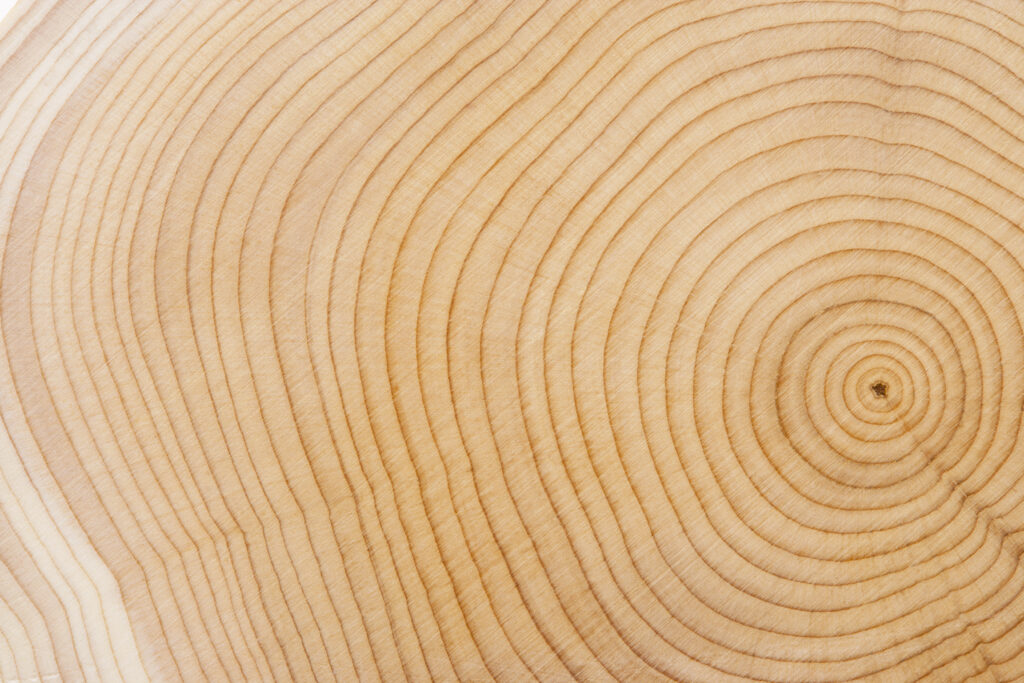
Table of Contents
- What if aging wasn’t passive—what if it was something you could actively influence?
- What Is Biological Age—and Why It Matters More Than Your Birthday
- How to Know Where You Stand
- 8 Evidence-Based Ways to Start Reversing Your Biological Age
- What’s Possible When You Start Paying Attention to Biological Age
- Want to Go Deeper?
- Aging Is No Longer a One-Way Street
What if aging wasn’t passive—what if it was something you could actively influence?
That’s exactly what new science is showing: biological age—the true measure of how your body is functioning at the cellular level—can be influenced. And in many cases, it can be reversed.
In one landmark study, participants reduced their biological age by more than 3 years in just 8 weeks, using a focused combination of nutrition, lifestyle, and therapeutic interventions.
If that sounds radical, it is—but it’s also measurable, actionable, and increasingly accessible. Here’s what you need to know—and where to start.

What Is Biological Age—and Why It Matters More Than Your Birthday
Your chronological age is how many years you’ve been alive. Your biological age reflects how well your body is functioning—physically, mentally, and metabolically.
It’s influenced by things like:
- Cellular health
- Mitochondrial function
- Hormone balance
- Inflammation levels
- Recovery and resilience capacity
And it’s far more predictive of your risk for chronic disease, cognitive decline, and future vitality than your birth year.
The key insight: Biological age can move in either direction.
How to Know Where You Stand
Biological age isn’t something you can calculate with a single test—but you can build a clear picture by looking at the right clues.
Some signs your biological age may be older than your chronological age include:
- Low energy or frequent fatigue
- Poor sleep or recovery
- Weight gain despite effort
- Brain fog or memory issues
- Chronic inflammation or frequent illness
- Decreased strength, endurance, or VO₂ max
To assess and track progress, longevity doctors often look at:
- Blood markers (inflammation, glucose, lipids, hormones)
- Mitochondrial function indicators
- Strength, mobility, and cardio fitness
- Genetic traits that influence detox, inflammation, and repair
- Cognitive health and sleep quality
But here’s some good news: even if you don’t have access to advanced testing, you can start improving your biological age today using proven, science-backed strategies.
8 Evidence-Based Ways to Start Reversing Your Biological Age
Here are the core levers that influence biological aging—and how to apply them starting now:
1. Support Your Mitochondria
These tiny energy factories decline with age—but you can train them.
What helps: movement (especially zone 2 cardio), cold exposure, sleep, polyphenols (berries, olive oil, green tea), and mitochondrial-supportive nutrients like magnesium, CoQ10, and B vitamins.
2. Prioritize Sleep Like It’s Medicine
Sleep is where your body repairs, rebalances hormones, and clears cellular waste.
Try this tonight: stick to a consistent bedtime, dim lights after sunset, and keep your bedroom cool and dark.
3. Move with Purpose
Muscle is a longevity organ, and cardio protects your heart and brain.
What to aim for: 2–3 days of strength training per week + 150 minutes of zone 2 cardio (like fast walking or cycling).
4. Eat for Inflammation and Metabolic Health
You don’t need to overhaul your diet overnight—but certain principles help.
Simple starts: build meals around whole foods, colorful plants, healthy fats, and high-quality protein. Limit ultra-processed foods and added sugar.
5. Train Your Stress Response
Chronic stress drives inflammation and accelerates aging.
Build resilience: experiment with breathwork, mindfulness, daily walks; even 5-20 minutes a day helps.
6. Track Your Blood Sugar
Glucose spikes age you at the cellular level.
Take action: eat protein and fiber first at meals, pair carbs with fat or muscle-building activity, and limit snacking between meals.
7. Rethink Alcohol
Even small amounts can disrupt sleep, increase inflammation, and impair mitochondrial function.
Consider this: try a 30-day break and notice how your energy, sleep, and focus shift.
8. Be Strategic with Supplements
Not everyone needs everything—but the right support can move the needle.
Worth exploring with a practitioner: omega-3s, magnesium, vitamin D3 + K2, polyphenols, and mitochondrial boosters.
What’s Possible When You Start Paying Attention to Biological Age
Reversing your biological age isn’t about perfection—it’s about making informed decisions that support your body’s ability to repair, adapt, and thrive.
By improving mitochondrial health, reducing inflammation, optimizing sleep and fitness, and tailoring nutrition to your biology, you shift the trajectory of how you age.
Over time, you can expect to see:
- More energy
- Better sleep and recovery
- Leaner body composition
- Sharper focus and mood
- Stronger resilience to stress and illness
Want to Go Deeper?
At ResetOne, we help people go from guesswork to precision. We use biomarker testing, genetic insights, and clinical guidance to track biological age and create fully personalized protocols to improve it.
Our proprietary ResetScore™ integrates all the data that matters—so you can see what’s working, track your progress, and keep adjusting with confidence.
But whether you work with a practitioner or start on your own, you can begin changing your biological age today—one choice at a time.
Aging Is No Longer a One-Way Street
Biological age is the most powerful—and hopeful—metric we have. Because it means you’re not at the mercy of your genes or your birth year.
You can change how you age.
You can feel better, think clearer, and stay stronger—starting now.
Long live longevity.™
